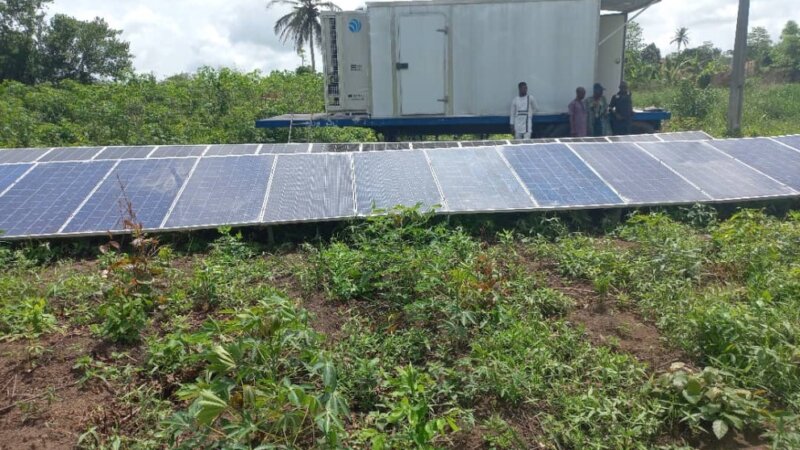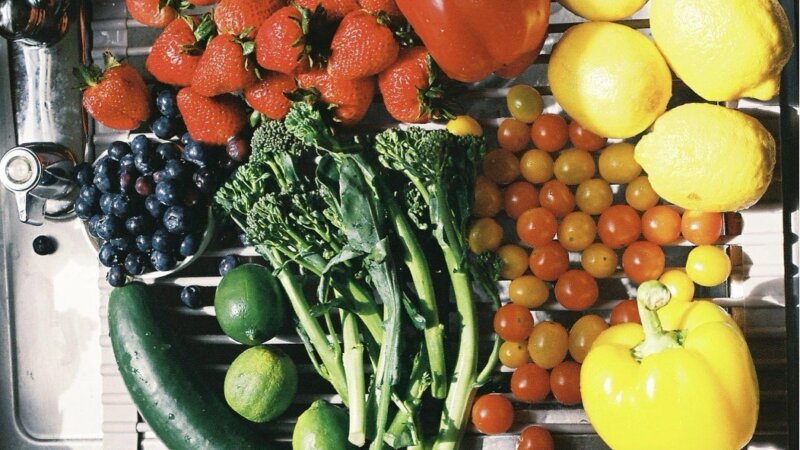Should you invest more time in talking to farmers about data?
Weve all been there; pages and pages of a company's terms and conditions are presented to us. Were given the option to read these pages of jargon to understand how our data is collected and why. We know we must accept them in order to move on and make use of this service. We have gotten so used to this that most of us opt to accept without reading.
The Digital Agrifood Collective is a Community of Practice made up of a variety of organisations that either implement or fund (large) programs for improving food security or transform agrifood value chains, in which digital services are increasingly playing an important role. This year, they have been working on a new Pledge to Action Sprint that has been focused on the theme of data governance and informed consent for smallholder farmers. In our interactive workshops we have explored trends in data governance - towards a more farmer centric approach - and the concept of informed consent.
In our investigation we came across other trends and initiatives, including e-learning materials from FAO on Free, Prior, Informed Consent, where consent is integrated into programming. Similarly, Maastricht University in Collaboration with Solidaridad and Rabobank is researching Fair and Smart Data and has recently published a report on Smallholder-oriented Data Governance.
A key point to come out of our interviews and workshops with DAC members is the tension between collecting informed consent and the economic viability of digital tools or services. While the importance of good data governance was unanimously recognised, repeatedly providing detailed information and collecting consent from (remote) farmers can be timely and therefore costly. Such costs may then diminish the quality of services they are providing. Additionally, as the agrifood sector becomes increasingly digitalised, the need for more streamlined data sharing grows.
We are curious if the potential for streamlining data sharing could present a business case for informed consent. It has been argued that consent is a first step toward effective and widespread data sharing. The logic is this: if farmers are sufficiently informed on what, how, and why their data is collected, trust will be built and farmers will be more willing to share their data and have their data be shared with third parties.
So over to you: do you think it’s a good idea to spend more time talking to farmers about data and consent?
Authors

Sasha Al Busaidy
Knowledge Broker

Rojan Bolling
Knowledge broker




